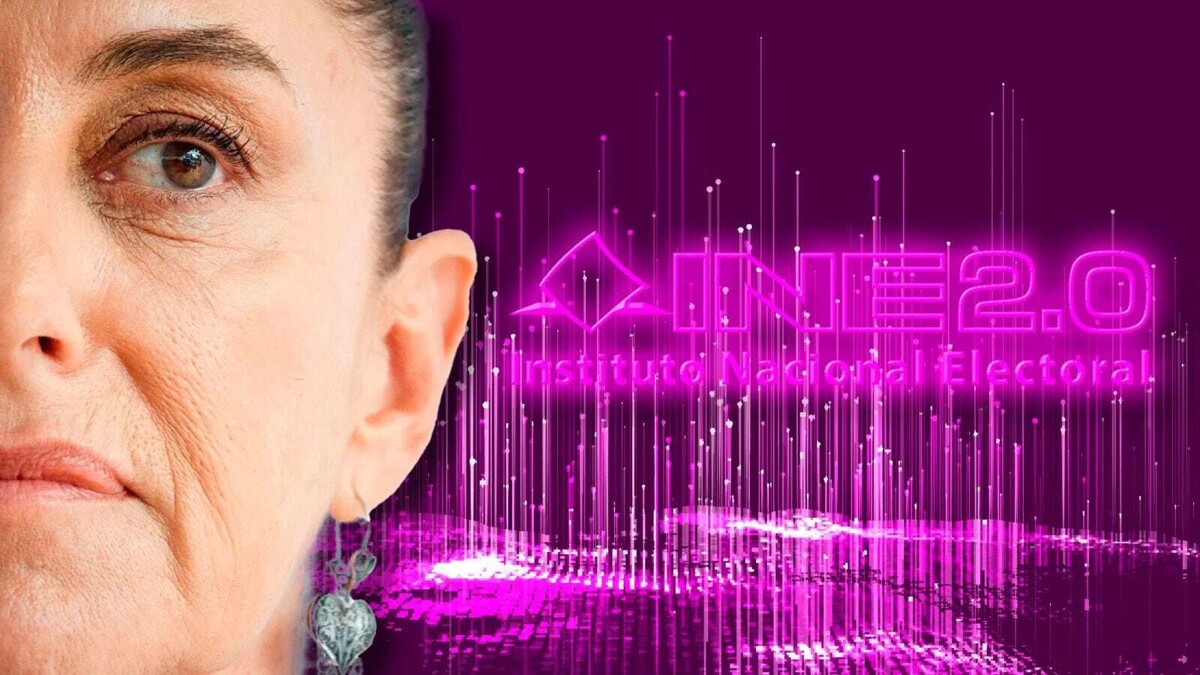
The National Electoral Institute (INE) of Mexico, with union and leftist origins, has been key in the democratic consolidation of the country. After the PRI lost the presidency, the INE has played a fundamental role in ensuring the transparency and legitimacy of electoral processes.
Over the years, the INE has worked on the depoliticization of elections, taking the monopoly away from political parties and the government. Citizens have increasingly been included in the electoral process, not only as observers but also as active participants driving short- and long-term solutions.
Despite efforts to eradicate electoral fraud, it still persists in certain local elections. However, the institutional reforms implemented have allowed for progress towards more reliable and equitable electoral processes.
The INE has experienced critical moments but has managed to maintain public trust by ensuring free and fair elections. Through cycles of reform, it has strengthened as an independent and trustworthy institution, free from political influences.
Recently, legal changes that grant greater power to the presidency of the INE have raised concerns about the independence and impartiality of the institution. However, the INE's organizational model, based on horizontal agreements among counselors, has been fundamental to its functioning.
Despite tensions and challenges, the INE continues to be a pillar of Mexican democracy, facing the ongoing challenge of preserving its autonomy and its ability to ensure fair and transparent elections.














